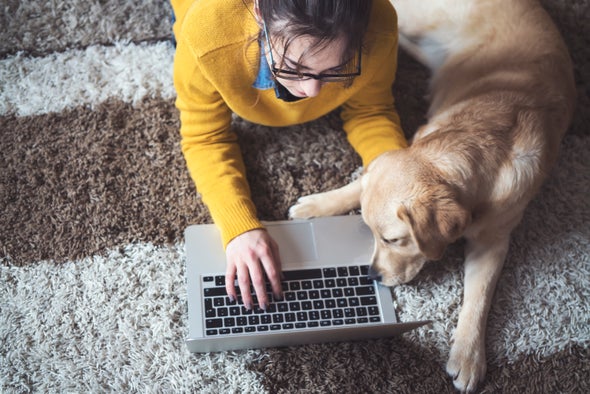Amit Kumar
Scientific American
December 12, 2022
Scientists who study happiness know that being kind to others can improve well-being. Acts as simple as buying a cup of coffee for someone can boost a person’s mood, for example. Everyday life affords many opportunities for such actions, yet people do not always take advantage of them.
In a set of studies published online in the Journal of Experimental Psychology: General, Nick Epley, a behavioral scientist at the University of Chicago Booth School of Business, and I examined a possible explanation. We found that people who perform random acts of kindness do not always realize how much of an impact they are having on another individual. People consistently and systematically underestimate how others value these acts.
Across multiple experiments involving approximately 1,000 participants, people performed a random act of kindness—that is, an action done with the primary intention of making someone else (who isn’t expecting the gesture) feel good. Those who perform such actions expect nothing in return.
From one procedure to the next, the specific acts of kindness varied. For instance, in one experiment, people wrote notes to friends and family “just because.” In another, they gave cupcakes away. Across these experiments, we asked both the person performing a kind act and the one receiving it to fill out questionnaires. We asked the person who had acted with kindness to report their own experience and predict their recipient’s response. We wanted to understand how valuable people perceived these acts to be, so both the performer and recipient had to rate how “big” the act seemed. In some cases, we also inquired about the actual or perceived cost in time, money or effort. In all cases, we compared the performer’s expectations of the recipient’s mood with the recipient’s actual experience.
Across our investigations, several robust patterns emerged. For one, both performers and recipients of the acts of kindness were in more positive moods than normal after these exchanges. For another, it was clear that performers undervalued their impact: recipients felt significantly better than the kind actors expected. The recipients also reliably rated these acts as “bigger” than the people performing them did.








